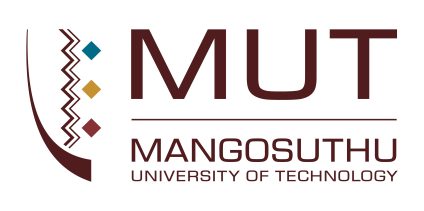
On June 4, 2025, the MUT Senate and the Institutional Forum (IF) convened off-campus to engage in meaningful discussions about transformation at the University. With the guidance of Dr Ruby-Ann Levendal, Head of the Transformation Division at Nelson Mandela University in the Eastern Cape, the Colloquium became a space for inspiration and collaborative spirit.
Professor Nokuthula Sibiya, MUT’s Vice-Chancellor and Principal, articulated a compelling vision, emphasising that MUT has a vital role to play in promoting institutional transformation. She highlighted the importance of nurturing an affirming transformative culture that celebrates diversity and social inclusion, rooted in the Constitutional principles of human dignity, equality, fairness, non-racism, non-sexism, and redress. In her view, the Institutional Transformation Plan (ITP) must harmonise with all other guiding documents of the Institution, ensuring they “talk to each other,” including the Strategic Plan 2026-2030.
At the Colloquium’s opening phase, the Deputy Vice-Chancellor for Learning and Teaching, Professor Marcus Ramogale, shared a thought-provoking presentation on the lifecycle of organisations. He explained that organisations experience phases, some of which may lead to “death.” Yet, while they are alive, it is the responsibility of leadership to enact transformative changes to ensure continued vitality. MUT is at a critical juncture, poised to implement transformative decisions that have been long overdue since 2011. Encouragingly, numerous expert reports have emphasised the need for the Institution to adapt to the changing landscape of higher education and the economy. Dr Levendal poignantly reminded everyone that MUT must evolve to remain “relevant” and fulfil its duty to the public by championing a social justice agenda. Her assertion that “today is the beginning, not the end” resonates deeply, signalling the start of a significant journey ahead.
Throughout the full-day event, Senate and IF members took on their tasks with enthusiasm and dedication. The programme driver had to offer gentle nudges for lunch, but the commitment was palpable as discussions flowed seamlessly, even with two groups remaining deeply engaged in their topics, much to Dr. Levendal’s delight. In this collaborative environment, participants formed four groups, passionately addressing pivotal issues: learning and teaching, research, knowledge production, and societal relevance; partnerships and engagement; governance, leadership, and management; and the higher education experience. The wealth of information generated from these discussions clearly illustrates the members’ unwavering dedication.
